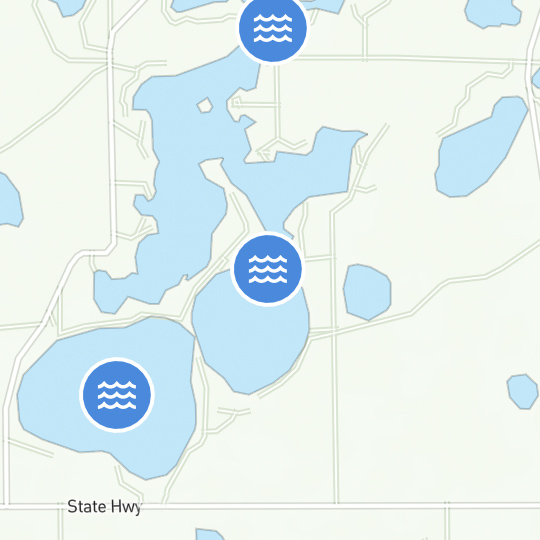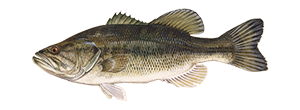Overfishing FAQ
With the risk of overfishing certain species, there are specific guidelines to follow as an angler to protect fish that could be depleted or, at the very least, underpopulated in an area.
Become knowledgeable about the pressing issue of overfishing, where excessive extraction depletes fish populations and disrupts ecosystems. Driven by rising demand and advanced fishing techniques, overfishing poses threats to marine life and livelihoods. Explore the complexities of overfishing, its consequences, and ongoing efforts to safeguard marine environments.
What is Overfishing?
Simply put, overfishing is the removal of too many of a fish species until the adult breeding population is too depleted to replenish. Because of aggressive fishing, many fish stocks are full exploited with others are considered over-exploited, depleted or recovering. Both overfishing in the ocean as well as in freshwater bodies is a common practice that threatens many fish species.
What Contributes to Overfishing?
The greater demand for fish and seafood have spurred overfishing of commercially valuable fish. And the problem has gotten worse over the years as commercial anglers have greater access to methods, technology and resources to reach deeper waters and capture more fish at once. Techniques like drift netting, dredging and bottom trawling are common approaches used in commercial fishing that haul in massive amounts and lead to overfishing. They can also cause other species of non-targeted marine mammals to get caught that have no commercial value, destroying them in the process.
Why is Overfishing a Problem?
When too many fish are removed at too fast a rate, the effect can be destructive on both the fish population as well as other mammals that rely on fish as a food source. Since every aquatic animal plays a role in balancing the ecology, overfishing can disrupt the food chain. In addition, overfishing can negatively affect humans who rely on the fish for income and their livelihood – and ultimately affect the economy. In some areas, fishing is a big business, especially when it comes to species like tuna, shrimp and prawns.
What’s Being Done to Prevent Overfishing?
As part of fishing conservation efforts, there are annual catch limits, minimum landing sizes and other accountability measures in effect for many species in different areas of the country. The intention of these safeguards is to revive the declining fish populations to ensure a healthy supply of our aquatic resources for the future. On a national level, the Magnuson-Stevens Fishery Conservation and Management Act is the primary law governing marine fisheries management, including preventing overfishing and rebuilding overfished stocks.
How does Overfishing Affect Recreational Anglers?
At one point, around the 1980’s and 90’s, overfishing began negatively impacting the catches of recreational anglers, who often had difficulty catching fish of a decent size because the mature fish were being depleted. Once directives to rebuild the nation’s fisheries were implemented, many stocks rebounded, allowing recreational anglers to enjoy the sport they love once again.
Should I feel guilty about fishing?
Recreational anglers catch only a very small proportion of the total take. As a result, the impact on the health of the oceans and freshwater bodies of water is very small. To limit your effect, be sure to follow the management systems in place where you fish so that you safely catch an amount that won’t harm the stock. While you may need to take few fish, that way, you can help sustain a healthy fish population over the long term.
KEEP LEARNING

How to Tie the Non-Slip Loop Knot
The non-slip loop knot is a popular and reliable choice for securing hooks, lures, and other tackle to your fishing line.
LEARN MORE

Socials
Take me fishing social media links
LEARN MORE

TakeMeFishing x Teen Vogue
Join us on a creative journey as fashion designer Ahmrii Johnson walks us through her collaborative vision and process with Teen Vogue and fashion brand, Rentrayage, to create a special piece.
LEARN MORE


.png?lang=en-US&ext=.png)